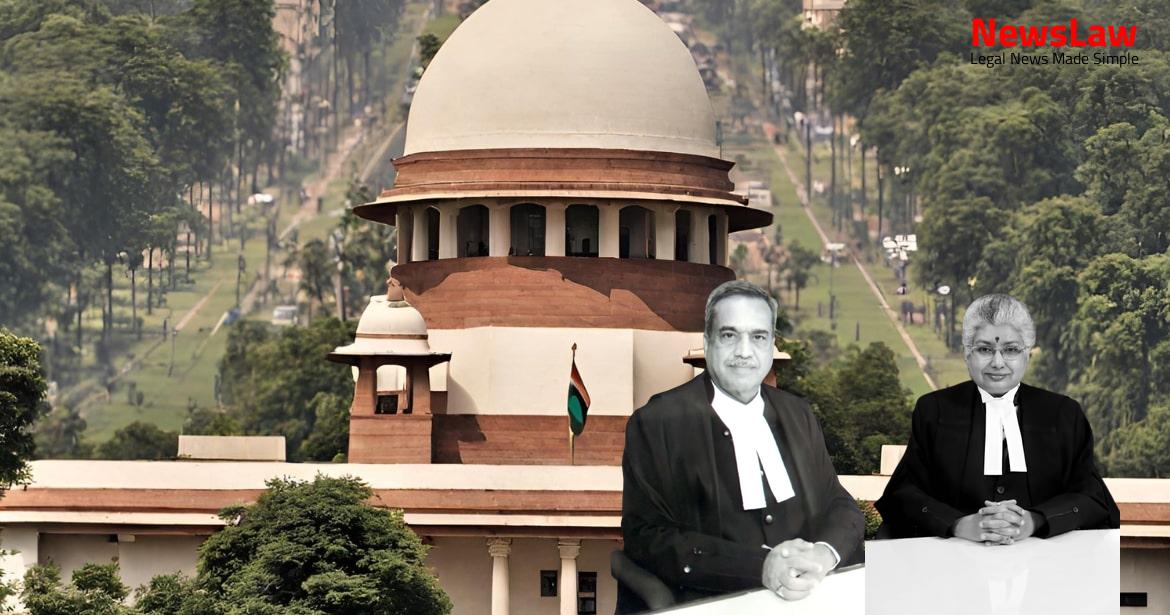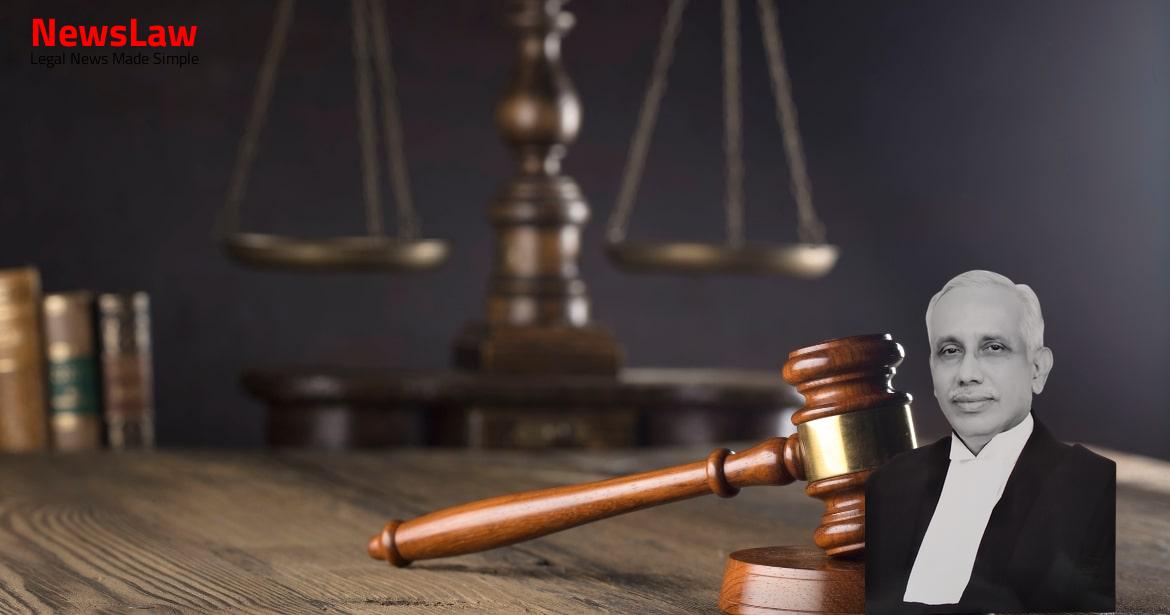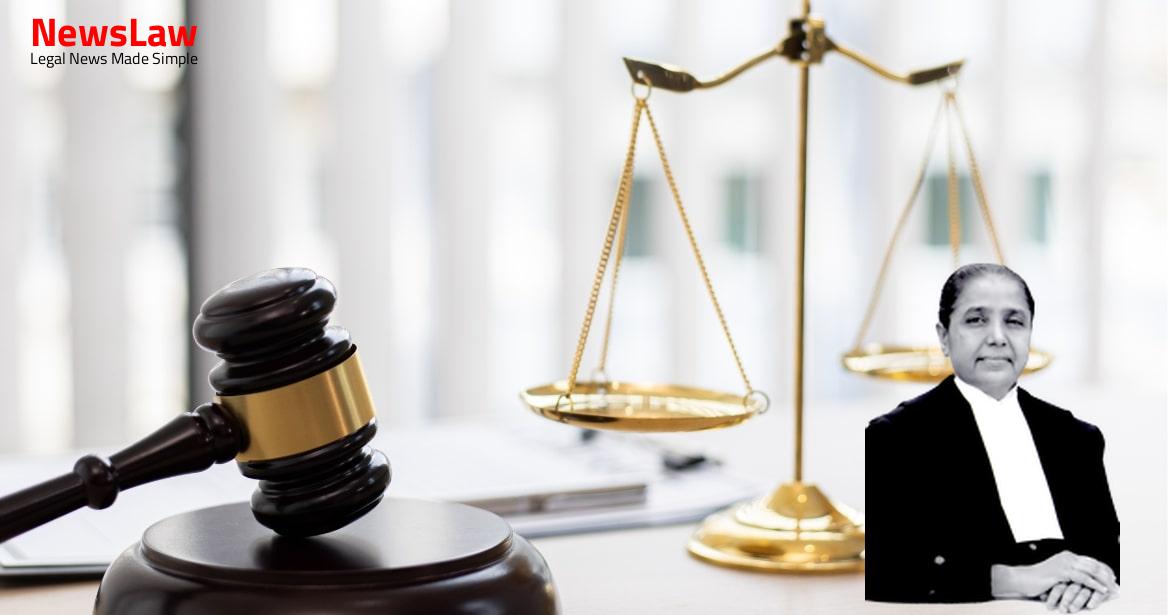In a recent legal case, the court delved into the complex issue of limitation period in arbitration petitions. This case sheds light on the importance of adhering to time constraints when filing such petitions. The court’s detailed legal analysis on the matter provides valuable insights for legal practitioners and individuals involved in arbitration proceedings. Let’s explore the nuances of this case and the implications of the court’s reasoning.
Facts
- Appellant executed excess quantity of work beyond the schedule quantity
- Appellant sent Statement of Claim for additional payment as per work orders dated 7.4.1982 and 15.01.1984
- Total amount due and payable as per Statement of Claim was Rs. 1,19,46,297/-
- Appellant sent legal notice on 31.07.2019 invoking arbitration clause
- Filed Arbitration Petition under Section 11(6) of the 1996 Act for appointment of arbitrator
- Repeated requests to General Manager to release overdue amount or refer dispute to arbitrator in 2018 and 2019
Also Read: Ruling on Circumstantial Evidence in Murder Case
Arguments
- The appellant contends that the High Court erred in dismissing the arbitration petition under Section 11(6) of the 1996 Act based on the ground of limitation.
- Reference is made to the case of Bharat Sanchar Nigam Limited v. Nortel Networks India Private Limited, (2021) 5 SCC 738, where it was highlighted that the application under Section 11(6) does not have a specific time limit in the Limitation Act, falling under the residual provision of Article 137 with a three-year limitation period from the accrual of the right to apply.
- The petitioner asserts that the limitation period for filing the application under Section 11(6) started after the completion of 30 days from the service of the legal notice invoking the arbitration clause.
- The argument is that the application made under Section 11(6) after the completion of the 30-day period from serving the legal notice is not time-barred.
- The right to apply under Section 11(6) of the 1996 Act is deemed to have accrued when the legal notice invoking arbitration clause and the request to appoint the arbitrator by the General Manager was made.
- The period of limitation starts after 30 days of serving the legal notice invoking the arbitration clause and making a request to appoint an arbitrator.
Also Read: Challenging Legal Presumptions in Negotiable Instrument Cases
Analysis
- The claim/alleged dues are for the years 1985/1986, with legal notice served after approximately thirty-two years.
- The cause of action to file the application under Section 11(6) of the 1996 Act is considered to have accrued in 1985/1986.
- Legal notice invoking arbitration clause and requesting for appointment of an arbitrator was served after thirty-two years.
- Court not dealing with a situation where legal notice and arbitration clause invoked after thirty-two years.
- Correspondences under RTI Act started from 2012, followed by legal notice and application under Section 11(6) in 2019.
- The High Court did not commit any error in dismissing the application under Section 11(6) of the 1996 Act.
- The dismissal was justified on the grounds of being hopelessly barred by limitation and a stale claim.
- The decision of the High Court was in agreement with the current view.
Also Read: Legal Analysis Critique in High Court’s Quashing Order
Decision
- The present appeal fails and is dismissed.
- No order as to costs.
Case Title: VISHRAM VARU AND CO. Vs. UNION OF INDIA (2022 INSC 462)
Case Number: C.A. No.-002964-002964 / 2022



